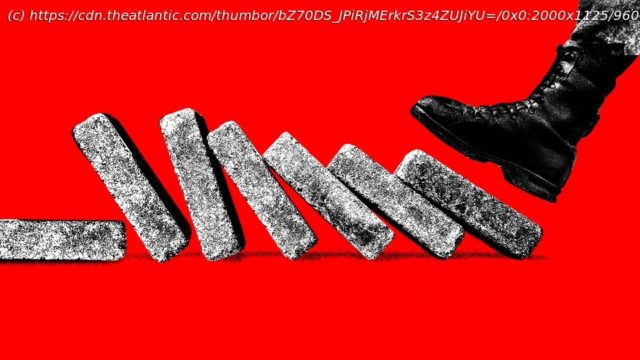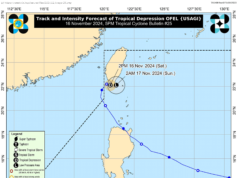Yevgeny Prigozhin didn’t have to mass an unassailable force on the Kremlin, but he did have to make his victory appear inevitable.
Russia is splintering. Even though Yevgeny Prigozhin just announced a surprising stand-down while en route to Moscow, it’s clear that his effort remains by far the greatest threat to Vladimir Putin since he took power in the summer of 1999. The story of the Wagner Group plot may not yet have reached its end, so it’s worth understanding how coups work: what causes them to succeed or, in this case, why they fizzle or fall short.
The prospect of a dictator meeting his demise conjures images of crowds taking to the streets and toppling statues, the despot fleeing his palace with henchmen carrying hastily packed suitcases full of cash. Such events do happen, but they’re the exception. Most of the time, dictators fall when their military splits into factions, and one faction turns against the regime. If all factions turn against the dictator, then it’s time for the henchmen, the suitcases of cash, and a hasty exit.
Since the end of World War II, two-thirds of all dictators have been toppled in coups d’état—irregular seizures of power that are usually led by a group within the military. However, in recent years, coups have become less common. During the height of the Cold War, an average of 13 coup plots were executed per year globally. Since 2010, that number has hovered around two to three per year. Because they are rare events and because no two are alike, coups are difficult to predict. But some patterns can help us understand whether a plot will succeed or fail once it has begun.
For more than a decade, I’ve studied coups around the world, including those in Thailand, Madagascar, Zambia, and Tunisia. And in speaking to dozens of generals and soldiers who have hatched coup plots—and those who join them once they’re under way—I’ve learned that the successful ones share a few major factors.
The most successful coups are those in which the military is unified. In Thailand, for example, coups are usually executed by the military brass, who announce that they are toppling civilian politicians. With nobody with guns to oppose them, Thai coups almost always succeed. No splintered factions, no risk of failure. After all, what’s the president or prime minister going to do—shoot back at the army?
When the coup is carried out by a faction within the military sector—as has happened in Russia—the dynamics become more complicated. Such a coup plot is not like a battle, in which the bigger, superior force tends to win. Rather, the plot will likely succeed less on strength than on perception. The plotters are playing a PR game, in which they’re trying to create the impression that their coup is destined to triumph. Nobody wants to be on the losing side, because the punishments are brutal.






